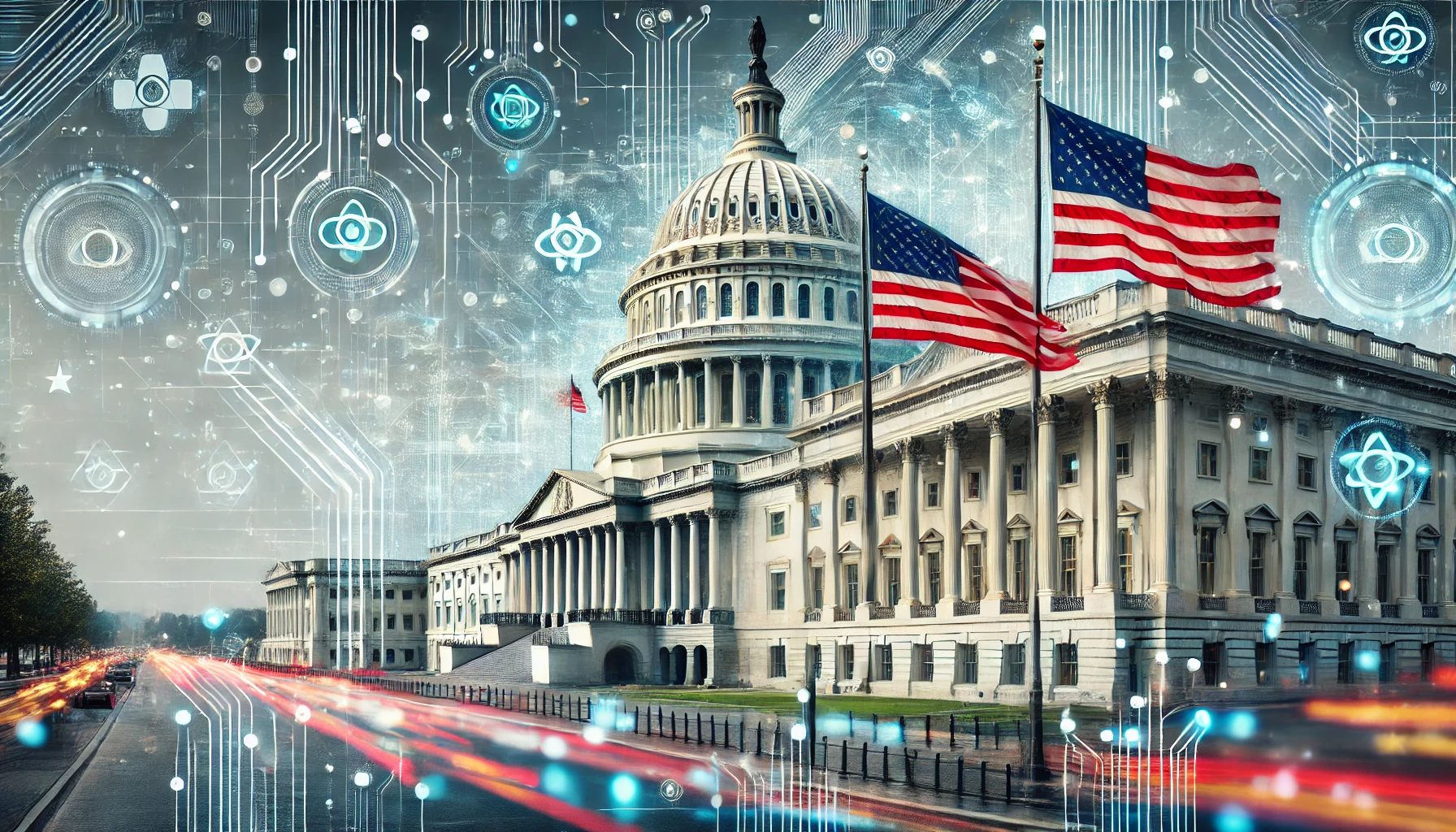The Rise of DeepSeek and Its Global Implications
China’s AI industry has taken a significant leap forward with the emergence of DeepSeek, a startup that has successfully developed cost-effective artificial intelligence solutions. This breakthrough has intensified discussions in Washington, where policymakers are now reassessing the United States’ approach to AI investment and infrastructure. With concerns over maintaining a technological edge in the global AI race, U.S. lawmakers and industry leaders are considering policy shifts that could have substantial implications for investors.
Why This Matters for Investors
DeepSeek’s rapid advancement highlights a broader trend of China making strategic investments in AI, which could reshape global competitiveness in the technology sector. The U.S. has historically led AI innovation, but the affordability and efficiency of DeepSeek’s models are challenging that dominance. As a result, Washington is now exploring new policies, including increased funding for domestic AI research, tightening restrictions on technology exports, and reviewing foreign investment in critical tech sectors.
For investors, this means potential regulatory shifts that could impact funding, market competition, and the overall AI ecosystem. Companies in AI, semiconductor manufacturing, and cloud computing may experience increased scrutiny, while those benefiting from government-backed initiatives could see an influx of capital.
Future Trends to Watch
1. U.S. AI Funding Expansion
Policymakers are expected to push for increased federal funding for AI development, benefiting companies involved in research, development, and infrastructure. Firms such as NVIDIA, Alphabet (Google), and OpenAI could see advantages from these new investments.
2. Stricter Export Controls
The U.S. may impose further restrictions on exporting advanced AI chips and software to China. This could impact semiconductor giants like AMD, Intel, and NVIDIA, affecting their revenue streams in key markets.
3. National Security and AI Regulation
As AI becomes more integrated into military and national security applications, investors should monitor legislative proposals that may shape how AI companies operate and who can access their technology. Regulations in this area could create new compliance requirements but also open opportunities for firms specializing in AI ethics and governance.
Investor Insight: Navigating the Changing AI Landscape
Investors should closely track policy developments and regulatory changes that could impact the AI and tech sectors. While increased government support for AI research and infrastructure could create lucrative opportunities, restrictions on trade and foreign investment may introduce new risks.
Key Investment Strategies:
- Monitor Legislative Updates: Policy changes could affect AI and semiconductor stocks, making it crucial for investors to stay informed.
- Diversify AI Investments: A balanced portfolio with exposure to U.S. and international AI firms may help hedge against geopolitical risks.
- Identify Beneficiaries of Government Funding: Companies receiving federal AI research grants or defense contracts may present strong long-term growth potential.
Stay Ahead with MoneyNews.Today
As the U.S. reevaluates its AI investment strategy, investors must stay proactive in understanding these shifts. Follow MoneyNews.Today for real-time updates on policy changes, emerging trends, and expert insights into the evolving financial landscape.





